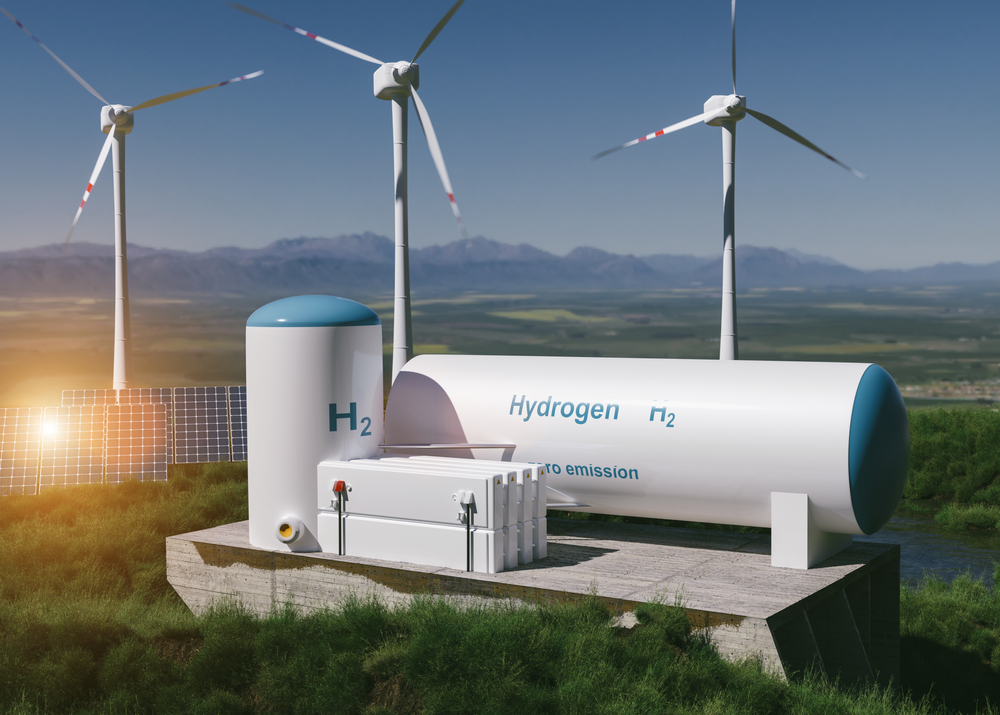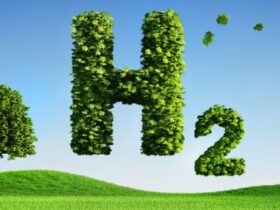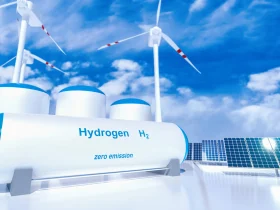Thanks to the enlightened vision of His Majesty the King and his ambitious energy strategy, the Kingdom of Morocco has become a regional champion of renewable energies over the last ten years, and has contributed to their competitiveness.
Thanks to its ideal location and exceptional renewable energy resources exceptional renewable energy resources, Morocco Morocco can become a key player in the development of the green hydrogen industry at regional level, and can capture up to up to 4% of global demand for green molecules.
The aim is to position Morocco today in the field of hydrogen as a technological solution for energy conversion energy conversion and storage, following in the footsteps of Japan Germany, France, Denmark, Spain…
The creation of economic and industrial sectors around green molecules, particularly hydrogen, ammonia and methanol, will help reduce greenhouse gas greenhouse gas emissions (by up to 20%) and support the decarbonization of partner countries.
National demand for green hydrogen and its derivatives is estimated at 4TWh in 2030 for a capacity of 2GW from renewable energy sources, 22TWh in 2040 for a capacity of 12GW and 40TWh in 2050 for a capacity of around of around 20GW.
Export demand is estimated at 10TWh in 2030 for 6GW of renewable energy capacity, 46TWh in 2040 for a capacity of 25GW and 115TWh in 2050 for a capacity of around 60GW.
This is equivalent to a cumulative investment of 90 billion dirhams dirhams by 2030 and 760 billion dirhams to 2050.
This roadmap opens up substantial prospects prospects for industrialization across the entire value chain including desalination, renewable energies (photovoltaics and wind power), electrolysis and green chemistry.
A “National Hydrogen Commission”, chaired by the Ministry of Energy, Mines and the Environment, and involving all stakeholders, will coordinate the implementation of this roadmap through the “Hydrogen Roadmap”. the implementation of this roadmap through technological development, investment, infrastructure and markets.
The Commission will also help to structure the deployment of the Hydrogen industry in the Kingdom in the best possible way, by facilitating the inflow of investment and the setting up of PtX projects through the introduction of favourable regulatory, legislative and tax measures.
Production of green ammonia for the fertilizer industry will be the primary demand of the domestic market. The Export of methanol and other synthetic fuels will meet the demand of several European partner countries
In the medium term, the heavy haulage, maritime and air transport sectors will also be able to decarbonize, and air transport sectors could also be decarbonized through the substitution and use of green hydrogen.
Other applications, such as urban mobility, industrial heat, energy storage and methane of methane for cooking could be decarbonized in the long term thanks to the use of synthetic fuels.
A program of capacity-building, research and innovation in the field of green hydrogen will support industrial integration and improve the competitiveness of national companies through the training of skilled human capital and the preparation preparation of local subcontractors, and the development of national champions.
The hydrogen roadmap action plan includes the following 8 measures:
- Reduce costs throughout the value chain for green hydrogen and its derivatives,
- Creation of a research and innovation cluster and innovation cluster,
- Implement measures to ensure local industrial integration industrial,
- Establishment of an industrial cluster and development infrastructure master plan infrastructure,
- Financing the development of the hydrogen industry,
- Create favorable conditions for export of green molecules,
- Draw up a storage plan,
- Development of domestic markets









